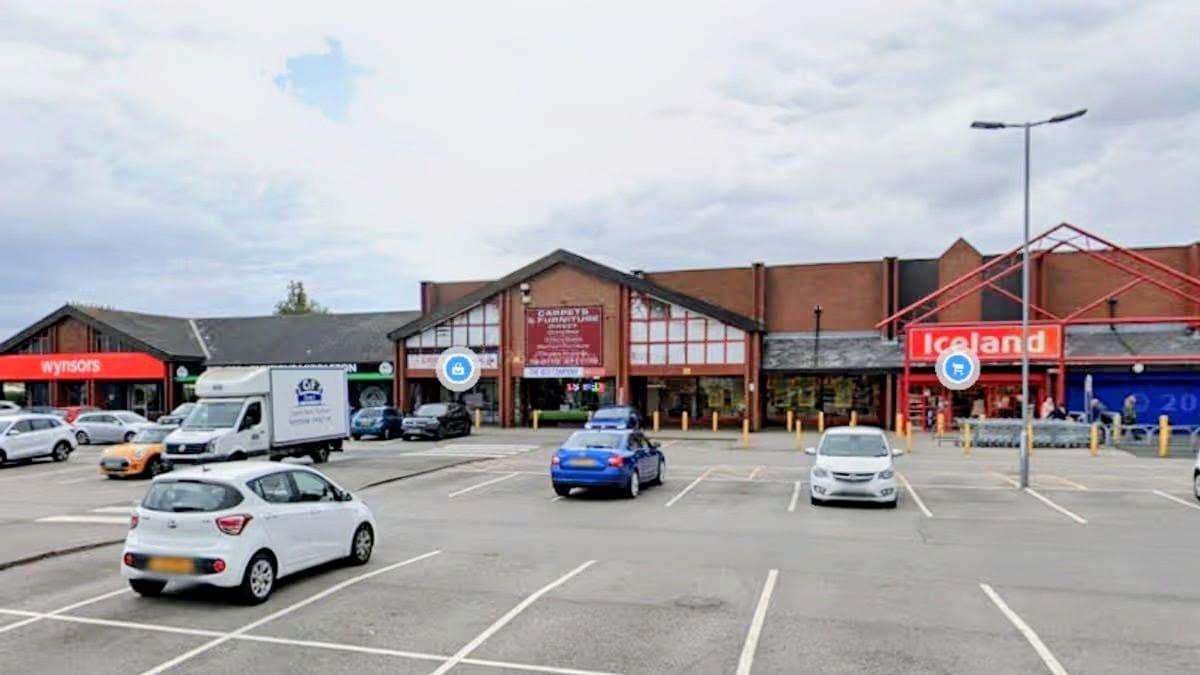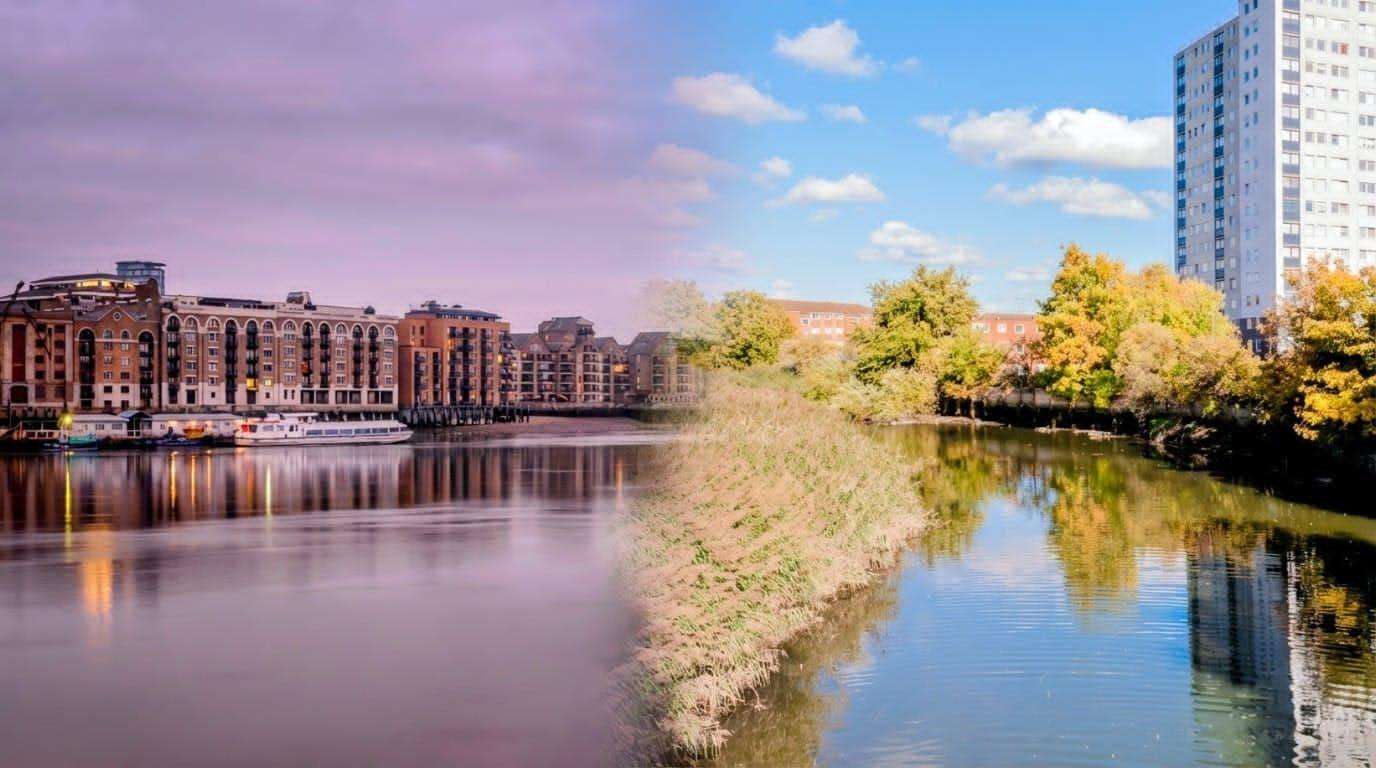U.S. President Donald Trump has made it clear he has no plans to pause the tariffs that have shaken global markets, despite calls from UK Prime Minister Sir Keir Starmer for a calm and measured response.
The tariffs, imposed on imports from numerous countries, led to sharp declines in U.S. stock values when markets opened on Monday, mirroring earlier drops in London, Europe, and Asia. Asked at the White House whether he was open to halting tariffs for the sake of negotiations, Trump responded, “We’re not looking at that.”
He emphasized that tariffs serve both as a negotiation tactic and a source of revenue for the U.S., stating, “They can be permanent, and they can also be used in negotiations—because there are other things we need beyond just tariffs.”
In a speech from a Jaguar Land Rover facility in the West Midlands, Starmer urged national unity in response to rising global instability triggered by the tariffs, which have already impacted UK industries, including a 25% levy on cars. “These are difficult times, but we came here to show our full support,” he said, describing the visit as a “statement of intent” for UK industry.
Starmer warned that the current upheaval marks the beginning of a new global reality rather than a temporary disruption, linking the economic strain to ongoing geopolitical tensions like the war in Ukraine.
Meanwhile, Business Secretary Jonathan Reynolds warned against escalating tensions, rejecting calls from some politicians to retaliate. “That would be the wrong move,” he said in an interview with Sky News.
Market reactions were swift and sharp: the UK’s FTSE 100 dropped by 4.38% to 7,702.08—its lowest level since March of the previous year. In the U.S., the Dow Jones fell 1.52%, and the S&P 500 dropped by 0.96%. The pound also took a hit, falling 1.28% to $1.272.
Trump remained defiant as markets slumped, urging the public to “be strong, courageous and patient,” while promising future rewards. He also warned of additional tariffs on China—possibly as high as 50%—in retaliation for Beijing’s 34% counter-tariff.
In addition to a 25% tariff on UK cars, Trump has introduced a 10% tariff on other British imports, along with extra duties on steel and aluminum.
To support the UK’s automotive industry, the Prime Minister announced more flexibility in the country’s zero-emission vehicle mandate. While the ban on purely petrol or diesel vehicles remains set for 2030, the sale of non-plug-in hybrids will be allowed until 2035. “We’re being pragmatic, not ideological,” Starmer said.
Nigel Farage, leader of Reform UK and long-time Trump supporter, acknowledged the tariffs may be “a bit excessive.” Meanwhile, Conservative leader Kemi Badenoch criticized Starmer’s response as lackluster and called for a trade agreement that would reduce tariff burdens. She noted his move to soften electric vehicle targets should have come sooner.



.jpeg)




.svg)


